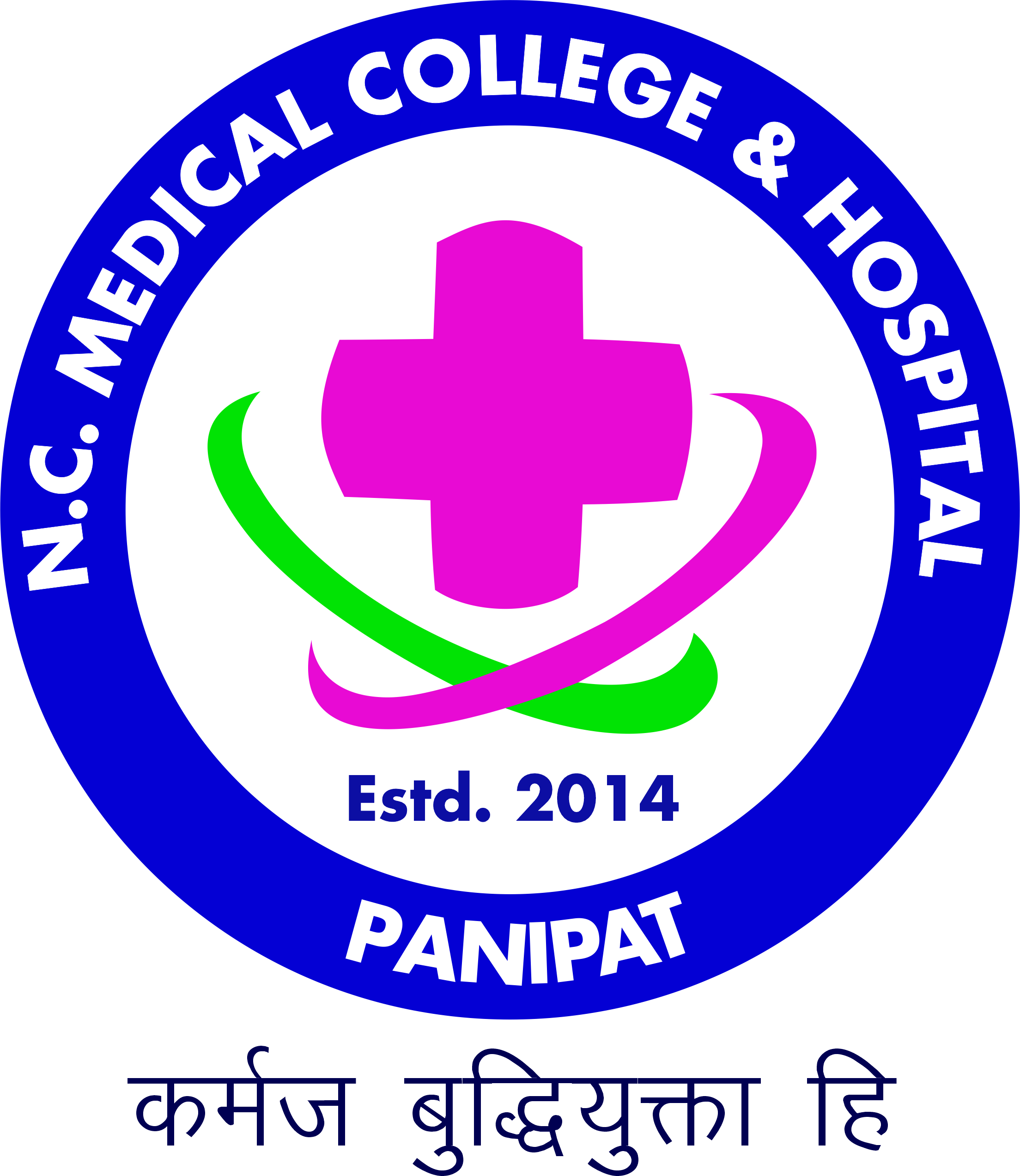Introduction to Pediatrics
A Pediatrics degree is a specialized medical program focused on the care of infants, children, and adolescents. In this comprehensive guide, we delve into the structure of the degree and explore the key subjects integral to its curriculum.
Exploring the Pediatrics Degree
A Pediatrics degree is a specialized medical program that centers on the health and well-being of infants, children, and adolescents. In this comprehensive guide, we delve into the structure of the degree and examine the key subjects integral to its curriculum.
Pediatrics Curriculum: The Pediatrics curriculum is thoughtfully designed to prepare students for careers as pediatricians, focusing on a deep understanding of child health, development, and medical care. It encompasses a wide range of subjects essential for delivering comprehensive pediatric healthcare.
Child Development and Growth: Child Development and Growth explores the physical, cognitive, and emotional development of children, enabling early detection of developmental issues.
Pediatric Medicine: Pediatric Medicine covers the diagnosis and treatment of various pediatric conditions, including infections, allergies, and chronic illnesses specific to children.
Pediatric Subspecialties: Pediatric Subspecialties delve into specialized areas such as pediatric cardiology, neonatology, pediatric oncology, and pediatric neurology.
Neonatal Care: Neonatal Care concentrates on the specialized care of newborns, including premature infants and those with critical health issues.
Pediatric Surgery: Pediatric Surgery encompasses surgical procedures and techniques tailored to children, including congenital anomalies and pediatric trauma cases.
Clinical Training: Clinical training is a pivotal component of the Pediatrics degree, providing students with hands-on experience through rotations in pediatric wards, outpatient clinics, and neonatal intensive care units.
Residency and Fellowship: Upon completing the degree, graduates typically embark on a Pediatrics residency program to further refine their skills. Some may choose to pursue subspecialty fellowships in areas such as pediatric cardiology or pediatric gastroenterology for advanced expertise.
Conclusion:
The Pediatrics degree equips aspiring pediatricians with specialized knowledge and clinical expertise in child healthcare. Subjects like child development, pediatric medicine, neonatal care, and pediatric surgery, combined with extensive clinical training, prepare graduates to provide expert care to children and adolescents, fostering their health and well-being.
| Degree/Diploma | Subject | Total No. of Seats |
| Degree (MD) | Pediatrics | 05 |
- Courses
Admission Enquiry Form
- Contact us
- ncmedicalcollege.panipat@gmail.com
- Admission Helpline: 0180-2579061
- Phone: 0180-2579081, 0180-2579061
- Ext: 280,281
- Fax: 0180-2579081
- N.C. Medical College & Hospital, Panipat-Rohtak Road, VPO Israna, Panipat-132107 Haryana (India)
Brochures
View our Medical prospectus of
brochure for an easy to read guide on
all of the services offer.
